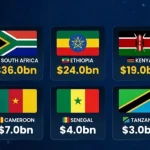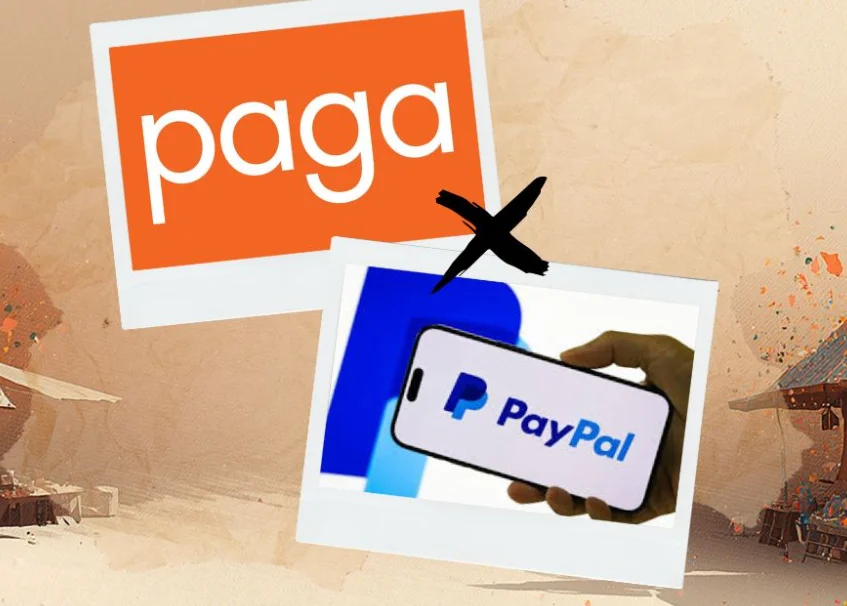Over the past decade, Nigeria’s financial industry has undergone a remarkable transformation powered by digital banking, innovation, and a shared mission to bank the unbanked. Through strategic collaboration between banks, fintechs, and the Central Bank of Nigeria (CBN), the country is gradually closing its financial inclusion gap while improving customer access and satisfaction.
At the Ibadan Tech Expo 2025, held at the International Conference Centre, University of Ibadan, financial experts highlighted how digital banking tools have become central to deepening inclusion and expanding financial access.
Banking Beyond Boundaries
During a panel session titled “The Future of Digital Banking: Innovation, Inclusion and Intelligent Finance,” Olawale Omotosho, Director of Product Management at Moniepoint, explained that digital banking has evolved beyond convenience, it’s now a solution for inclusion.
“You can bank on your phone. Even if you don’t have a smartphone, you can use your phone via USSD. You can walk to a POS agent on the street without needing to visit the bank,”
— Olawale Omotosho, Moniepoint
Omotosho noted that financial institutions are increasingly targeting rural and underserved areas, using agent banking networks and mobile platforms to bring services closer to citizens.
“It’s basically financial assistance that is beyond payment. Access to credit and loans is available. When you visit rural areas, you’ll easily see the blue colours of Moniepoint and other POS points,” he added.
This reflects a broader shift from urban-centric banking to an inclusive, agent-driven model powered by fintech innovation.
Nigeria’s Fintechs Aligning With Global Standards
Olumide Adaramoye, Head of CRM at Moniepoint, echoed this sentiment, emphasizing that Nigerian banks and fintechs have achieved global-level advancements in instant payments and digital infrastructure.
“Banks in Nigeria are definitely a bit more advanced than some other regions. Though there are still a lot of things left undone, they are still quite advanced,” he said.
Adaramoye praised Africa’s fintech ecosystem for its scalability, referencing Kenya’s M-Pesa, which processes millions of daily transactions with a 98% success rate. He noted that Nigerian platforms are similarly demonstrating resilience and efficiency despite handling enormous transaction volumes.
Strengthening Trust and Security
As digital banking grows, experts agree that security and trust must remain top priorities. Challenges such as failed transactions, fraud, and cyberattacks still threaten the system’s integrity.
To address these concerns, the CBN has released two key regulatory frameworks:
- Guidelines for the Operators of Agent Banking in Nigeria – Establishes standards for PoS operators and agent networks, particularly in response to the post-COVID surge in mobile agents.
- Guidelines for the Operations of Electronic Payment Channels in Nigeria – Sets minimum operational standards for ATMs, PoS, and online channels, ensuring safety and aligning with global best practices.
These guidelines aim to protect consumers, enhance accountability, and stabilise the financial ecosystem.
“The CBN is trying to ensure that banks and fintechs play in the same ecosystem without issues. These regulations are to protect customers and ensure funds are well-managed,”
— Olumide Adaramoye
A Digital Future Anchored on Inclusion
Nigeria’s digital banking revolution has moved beyond simple convenience, it’s now about empowerment. By combining fintech innovation, policy reform, and public trust, the ecosystem is reshaping how Nigerians interact with money.
From instant transfers to rural financial access and AI-driven credit systems, the country’s banks and fintechs are building a financially inclusive future that leaves no one behind.
















